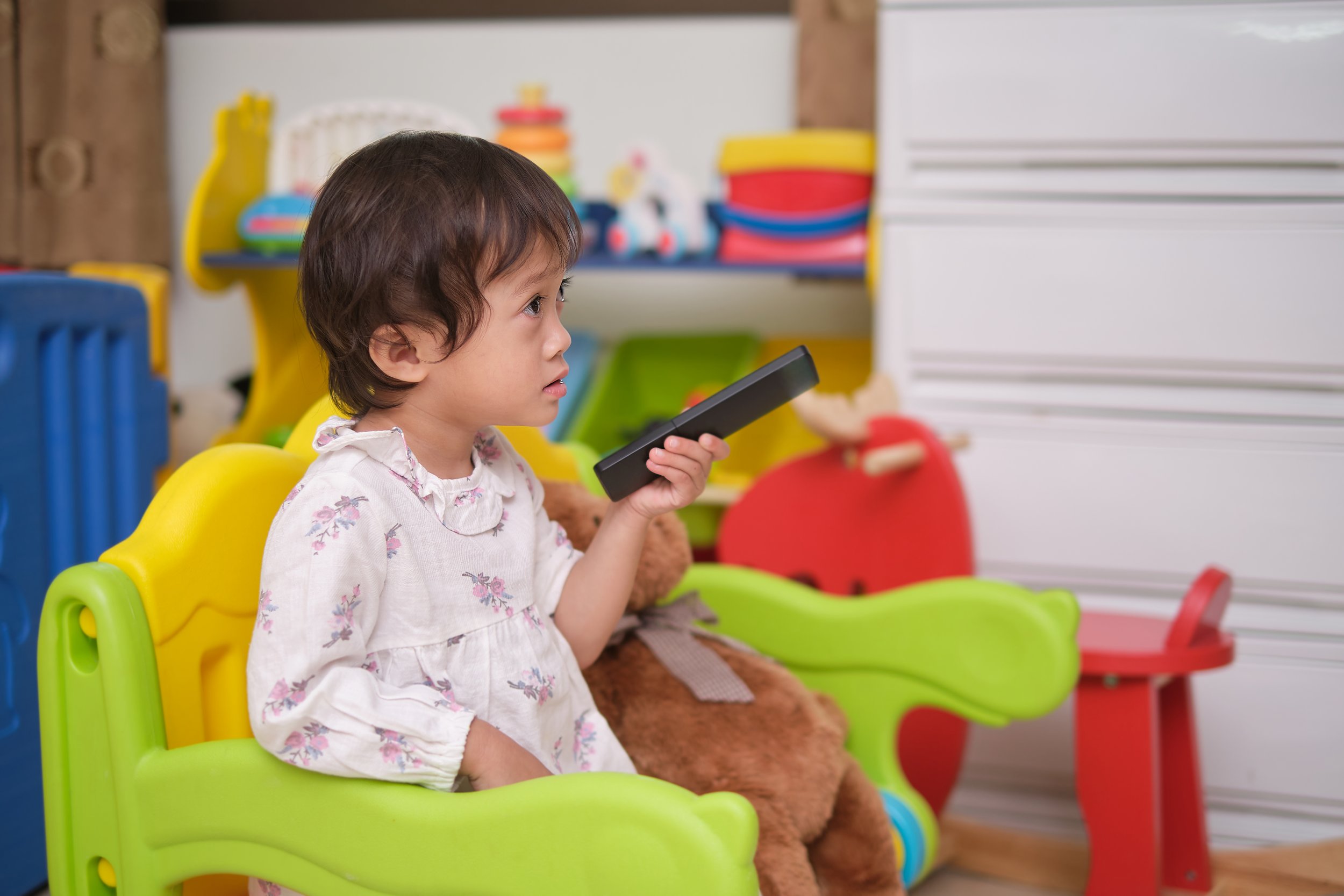Reports and Findings
Research
Responsive service design and workforce strengthening: Recommendations to improve aged care for Aboriginal and Torres Strait Islander peoplesThis study aimed to develop innovative and practical strategies and recommendations for aged care policy and practice that support the needs of Aboriginal and Torres Strait Islander peoples.
Research
The Platform trial In COVID-19 vaccine priming and BOOsting (PICOBOO) booster vaccination substudy protocolCoronavirus-2019 (COVID-19) vaccination in Australia commenced in February 2021. The first vaccines recommended for use were AZD1222 and BNT162b2, both delivered as a two-dose primary schedule. In the absence of sustained immunity following immunisation, recommendations for booster vaccination have followed. It is likely that periodic boosting will be necessary for at least some Australians, but it is unknown what the optimal booster vaccines and schedules are or for whom vaccination should be recommended.
Research
Skill Enactment Among University Students Using a Brief Video-Based Mental Health Intervention: Mixed Methods Study Within a Randomized Controlled TrialMental health problems are common among university students, yet many students do not seek professional help. Digital mental health interventions can increase students' access to support and have been shown to be effective in preventing and treating mental health problems. However, little is known about the extent to which students implement therapeutic skills from these programs in everyday life (ie, skill enactment) or about the impact of skill enactment on outcomes.
Research
“If you build it, they will come”: the convergence of funding, research and collaboration in paediatric brain cancer clinical trialsEach year, approximately 1000 children in Australia and New Zealand, aged 0–14 years, are diagnosed with cancer. Despite paediatric cancer accounting for less than 1% of all cancer cases, the impact on their families and communities is profound and disproportionate.
Research
Pooled Analysis of Physical Activity, Sedentary Behavior, and Sleep among Children from 33 CountriesThe prevalence estimates of physical activity, sedentary behavior, and sleep (collectively known as movement behaviors) in 3- and 4-year-old children worldwide remains uncertain.
Research
Phage therapy to treat cystic fibrosis Burkholderia cepacia complex lung infections: perspectives and challengesgeBurkholderia cepacia complex is a cause of serious lung infections in people with cystic fibrosis, exhibiting extremely high levels of antimicrobial resistance. These infections are difficult to treat and are associated with high morbidity and mortality.
Research
Effectiveness, efficacy, acceptability, and feasibility of trauma-informed depression, anxiety, and substance use prevention programs for young people aged 12–25 yearsMental ill-health and substance use bear significant public health burden on young people. Prevention is key. Trauma-informed approaches to prevention of mental ill-health and substance use demonstrate significant promise, yet it is unclear how well existing approaches work for young people targeting mental ill-health and substance use. This review aimed to assess the effectiveness, feasibility, and acceptability of trauma-informed mental ill-health and/or substance use prevention programs for young people.
Research
Global Disparities of Cancer and Its Projected Burden in 2050Cancer prevention and care efforts have been challenged by the COVID-19 pandemic and armed conflicts, resulting in a decline in the global Human Development Index (HDI), particularly in low- and middle-income countries. These challenges and subsequent shifts in health care priorities underscore the need to continuously monitor cancer outcome disparities and statistics globally to ensure delivery of equitable and optimal cancer prevention and care in uncertain times.

Research
The Early Start Screen Smart ProgramSupporting families to create healthy screen time habits
Research
Invasive Fungal Disease in Immunocompromised Children: Current and Emerging TherapiesIn an era of expanding indications for iatrogenic immunosuppression, invasive fungal disease (IFD) remains a significant challenge in immunocompromised children, with case fatality rates ranging from 10 to 70%. Understanding of current recommendations and recent evidence is essential to guide optimal IFD management.
